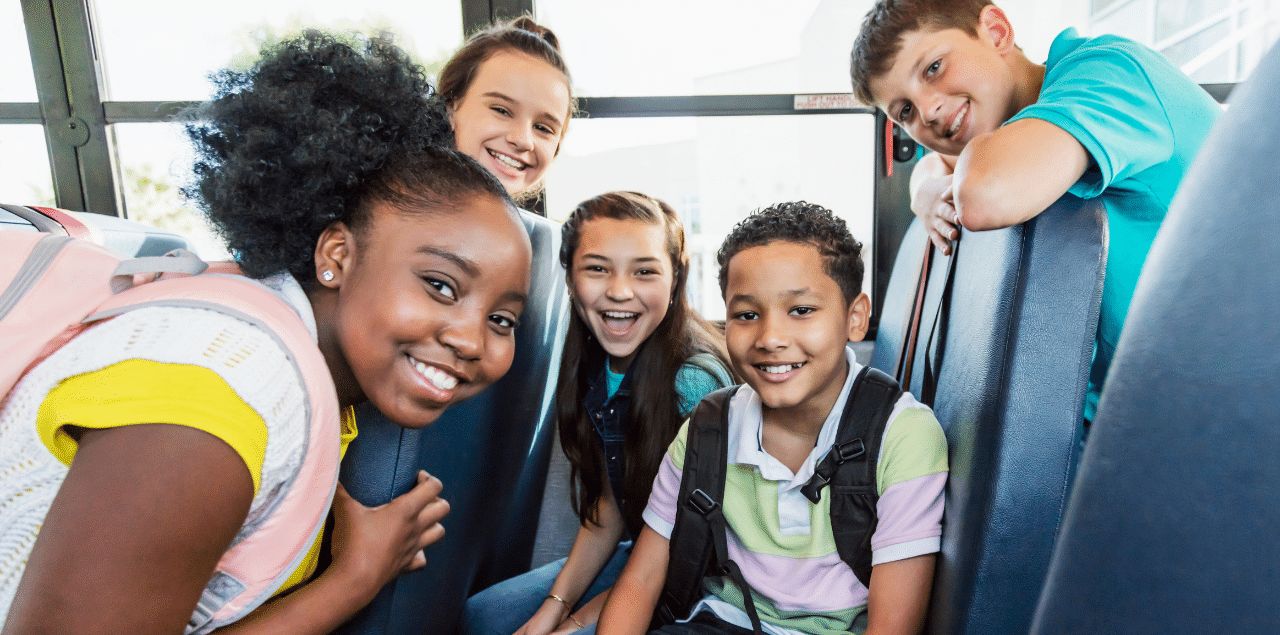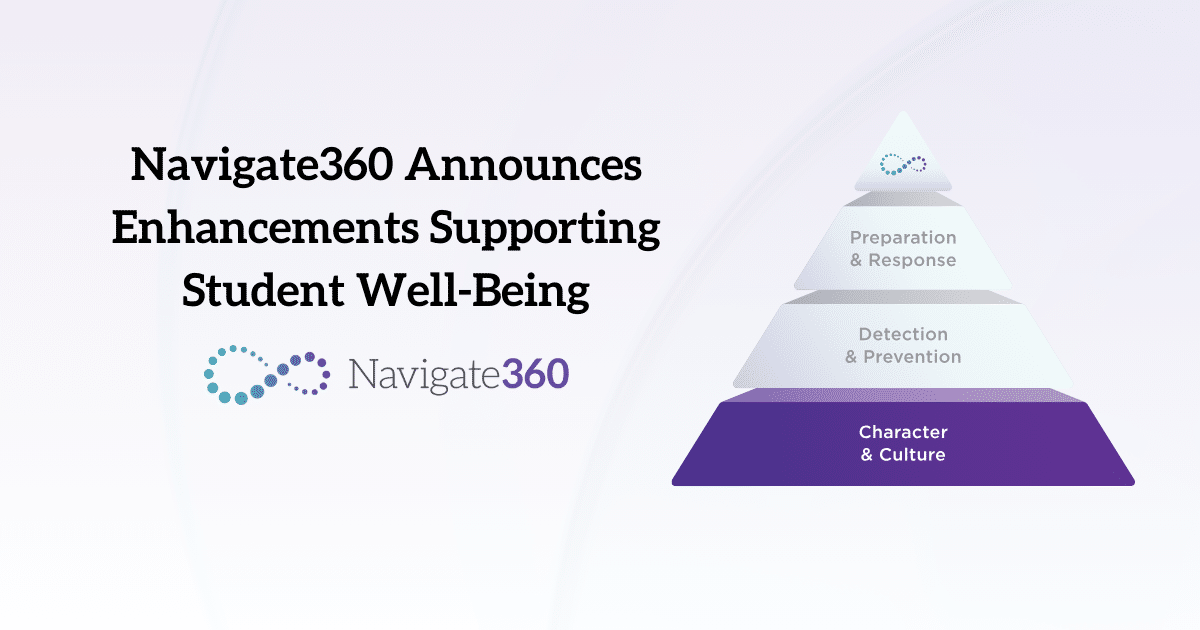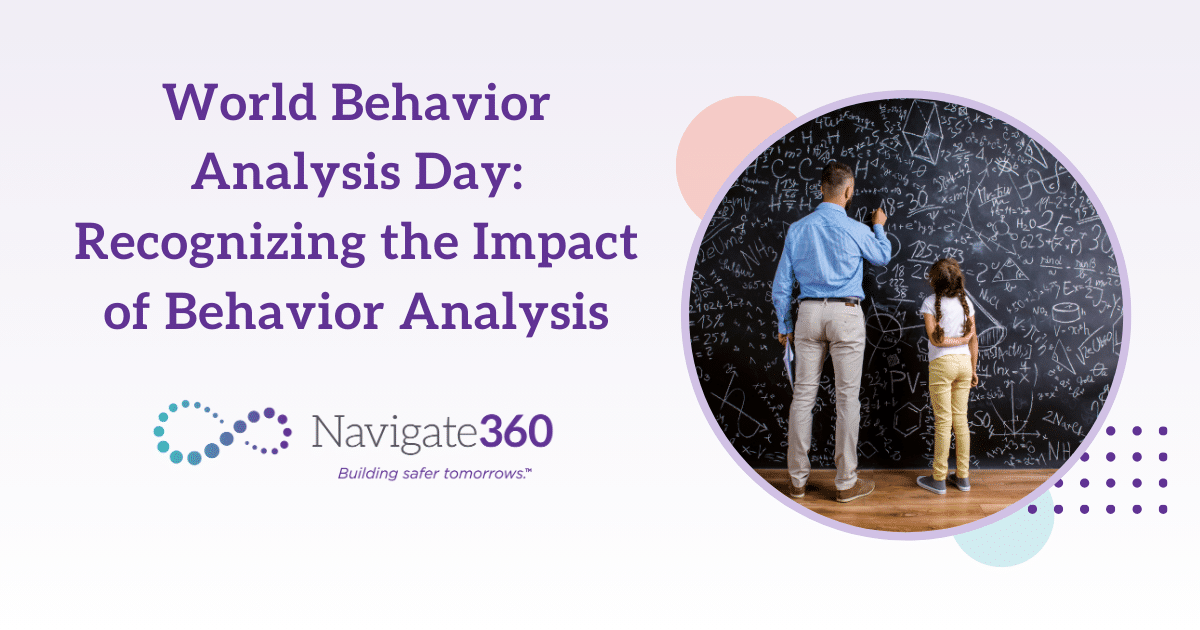The Collaborative for Academic, Social, and Emotional Learning (CASEL) defines social awareness as, “The ability to understand the perspectives of and empathize with others, including those from diverse backgrounds, cultures, and contexts,” as well as, “the capacities to feel compassion for others, understand broader historical and social norms for behavior in different settings, and recognize family, school, and community resources and supports..’”
Considering how important this concept is, especially in a modern world full of shifting social needs and demographics, it is critical that schools provide a framework for students to develop a sense of social awareness and empathy towards their peers in order to successfully navigate their lives. The key to providing this framework is effectively implemented SEL curriculum.
Why Social Awareness is Important for Modern Students
Compared to the generations that have come before them, Gen Z and Gen Alpha are far more racially and ethnically diverse. In fact, according to a study from the Pew Research Center, the percentage of students who identify as non-Hispanic White has fallen from 82% in 1969 to just 52% in 2019. That represents a radical shift in the ethnic makeup of students and illustrates the need for a recontextualizing of social awareness education to fit the needs and experiences of modern K-12 students. Facing such social diversity, students need guidance to experience and show empathy and develop a sense of social awareness and appreciation for the diversity of their peers and community. That’s especially important for younger students who must also navigate these issues in the online space.
Utilizing SEL to Empower Students
Although students’ needs are more varied now than ever, there are solutions for schools to address them holistically—like social-emotional learning (SEL). Developed by CASEL, the framework for SEL education fosters knowledge, skills, and attitudes across five areas. These core competencies are:
- Self-awareness
- Self-management
- Social awareness
- Relationship skills
- Responsible decision-making
All five are key for students to learn and understand both social awareness and empathy, and SEL curriculum utilizes a range of lessons based on enforcing these skills.
Reaching a Generation of Digital Natives
It’s common to hear Gen Z and Gen Alpha students described as “digital natives” due to their regular and constant access to the internet and computers from a young age. And while these students certainly have plenty of advantages thanks to their digital skills, they also possess radically different needs and expectations than previous generations.
For modern students, discussions about race, ethnicity, gender, sexual identity, and other areas that may have been taboo in past generations are now commonplace and ubiquitous. That fact, combined with contemporary problems—like cyberbullying—creates the need for a different type of curriculum that can reach students in a way they can easily understand and contextualize.
Today’s Challenges Require a Modern Approach to SEL Curriculum
Considering all the challenges facing educators and administrators, it only makes sense that SEL curricula would respond to the needs of current students. That’s where Suite360 comes in. Featuring powerful software for administrators to track results, empowering lesson plans for students, and real-time professional development for teachers, Suite360 is the 21st-century strategy for implementing an SEL curriculum.
Suite360 offers digitally delivered lessons that are presented to students in a format they find relatable and easy to understand. Students throughout K-12 learn with lessons selected by administrators and educators based on their school’s needs and featuring topics and subjects that are most relevant to their students. This way, administrators and educators can respond to the specific needs of their student body and the issues they face.
Improving Social Awareness and Empathy with Suite360
Strengthening students’ levels of social awareness is one of the core goals of SEL education, and Suite360 provides resources for educators and administrators to accomplish it. All students K-12 will find scaffolded lessons that are aimed at pertinent issues in their lives and informed by CASEL’s framework for successful SEL implementation. That includes vital lessons, like:
- Taking others’ perspectives
- Recognizing strength in others
- Demonstrating empathy and compassion
- Showing concern for the feelings of others
As students continue their SEL journey and learn more social-emotional skills, they become more adept at recognizing both their own social and emotional needs and those of others. By developing a student’s entire social-emotional understanding broadly, individual skills, like empathy, are also strengthened. During their SEL education, students will continue to improve their social-emotional skills and be better-equipped to assist their peers in their own social-emotional journey, fostering an environment of empathy and understanding that can have positive impacts throughout the school.
Connect Students, Parents, and Staff
Traditionally, one of the most difficult parts of proper SEL implementation was getting all the adults in a student’s life on the same page regarding ongoing lessons and education. With Suite360: Parent and Suite360: Staff, aligning the goals of everyone involved is easier than ever. Suite360: Parent features supporting lessons that give caregivers the tools to reinforce the education their students are receiving. Suite360: Staff provides resources for school staff to contextualize SEL lessons, as well as professional development and support for their own ongoing betterment.
Lead Your Students Better with Suite360
Improving the social awareness and empathy of your students is possible with proper SEL implementation. Download our brochure today to learn why SEL is more effective for students when it aligns with the competencies outlined by CASEL, and how Suite360 can help you realize those goals for your school.




